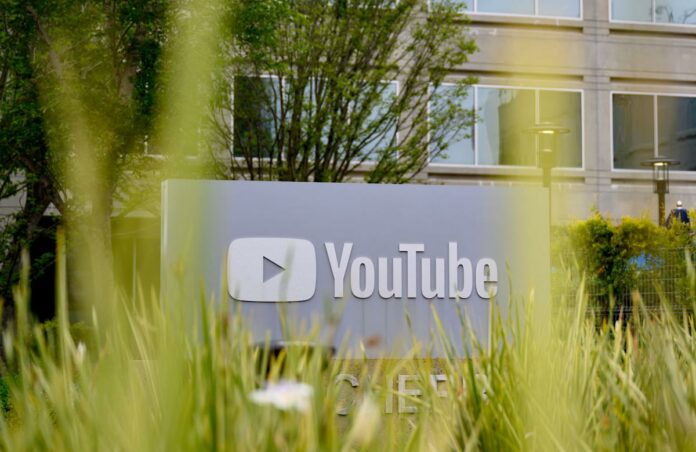As a part of an AI-focused reorganization, YouTube CEO Neal Mohan instructed the workers that may supply voluntary buyouts, based on an inside firm memo. At the identical time, he emphasised that there will likely be no eliminations of particular roles as a part of the brand new construction.
“Looking forward, the subsequent frontier for YouTube is AI, which has the potential to remodel each a part of the platform,” Mohan wrote. “We additionally perceive that a few of chances are you’ll be prepared for a brand new problem, so now we have determined that now could be the fitting time to supply a voluntary departure program.”
The restructuring is designed to assist YouTube give attention to fast-growing areas like synthetic intelligence whereas “driving sooner decision-making and execution,” the memo states. To that finish, the platform is being organized into three separate product organizations: viewer merchandise, creator and neighborhood merchandise, and subscription merchandise.
Viewer merchandise will give attention to the viewer expertise by bettering search and discovery, engagement, the lounge expertise and “our foundation of accountability.” Meanwhile, merchandise for creators and communities are “driving creation by way of genAI instruments, shorts, dwell and creator assist. Subscription merchandise, as anticipated, will function across the development of subscriptions on music, Premium and OTT (YouTube TV) platforms.
Mohan famous that YouTube has been the primary streamer within the US for the previous two years. So far, it has registered 125 million Premium and Music subscribers, together with 8 million YouTube TV subscribers. The platform has paid out $100 billion to its ecosystem (presumably creators and recording artists).
YouTube will not be the one tech big to cut back its workforce and cite AI as a lift. Amazon just lately introduced that it had laid off 14,000 folks, whereas citing the have to be “lean” resulting from transformative applied sciences like AI. Meanwhile, YouTube mum or dad Alphabet introduced its $100 billion first quarter, largely because of power in cloud companies and search.

